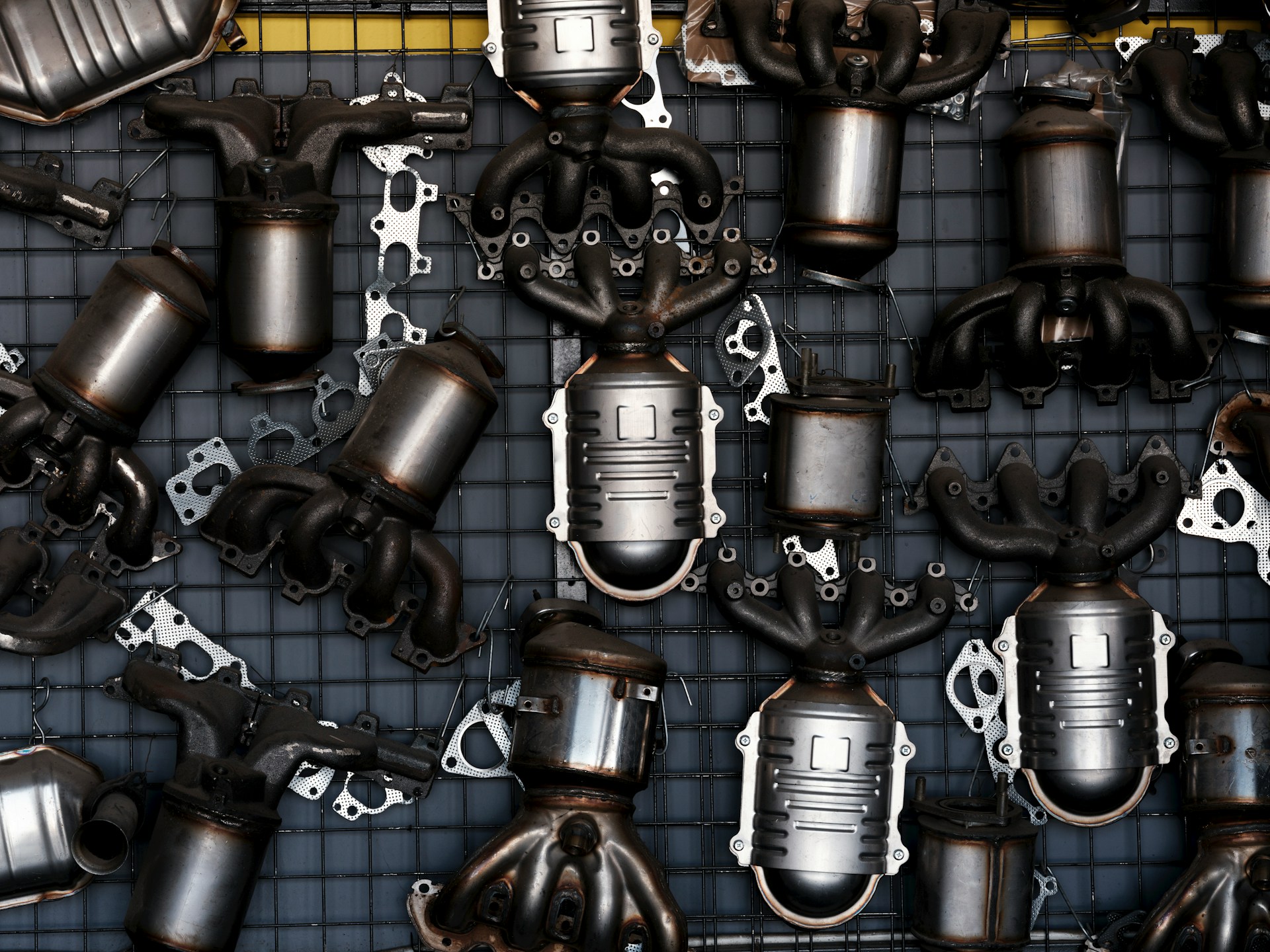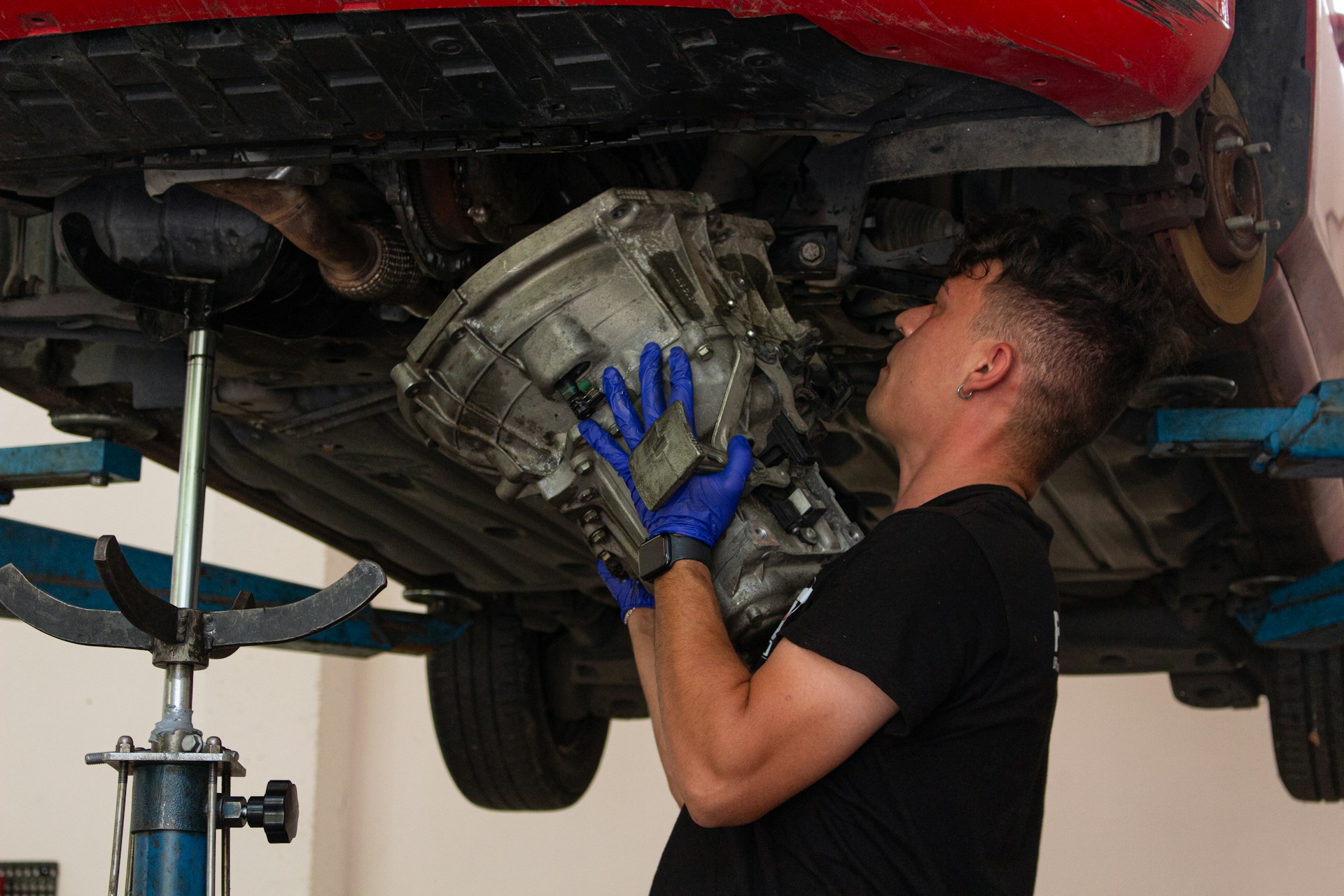
As winter approaches, many car owners start thinking about ways to keep their vehicles running smoothly in colder temperatures. One area that often gets overlooked is the transmission, which plays a crucial role in vehicle performance. Winter weather in Houston, although not as harsh as other regions, still poses challenges that can affect your transmission’s efficiency. Cold temperatures can thicken transmission fluid, cause delays in gear changes, and overall, stress the vehicle’s system. Therefore, taking some time to prepare your transmission for the winter months can help ensure your car operates smoothly and reliably, regardless of the chill outside.
Preparing your transmission isn’t just about prevention but also about ensuring optimal performance. Just like we bundle up in winter clothes to shield ourselves from the cold, our vehicles need some extra care, too. Focusing on practical tips for prepping used transmissions in Houston will help keep your vehicle in top shape throughout the colder months. This proactive approach not only extends the life of your transmission but also helps prevent costly repairs down the road. Knowing what to look out for and what steps to take can make a world of difference in maintaining your car’s performance.
Before winter sets in, performing a thorough inspection of your transmission can be a game changer. A well-inspected transmission means fewer surprises when the temperatures drop. Begin by checking the transmission fluid levels. Low fluid can lead to overheating and increased wear on components, especially in chilled weather. Here’s a list to guide your inspection process and make it less daunting:
– Check Fluid Levels: Ensure the transmission fluid is at the appropriate level for smooth shifting.
– Examine for Leaks: Look out for fluid puddles or stains under your vehicle, indicating potential leaks.
– Inspect for Wear and Tear: Check for unusual noises or delayed gear shifts, which could signal a need for servicing.
Choosing a professional for this task can be wise. While it may be tempting to tackle inspection on your own, professional technicians have the tools and expertise to catch issues that might be easily overlooked. They can accurately diagnose problems and ensure your transmission is in ideal condition before winter arrives, saving you from headaches later on.
Cold weather impacts more than just comfort levels; it also affects the mechanical operations of your vehicle, including how your transmission fluid behaves. Colder temperatures can cause the fluid to thicken, which might lead to sluggish gear shifts and increased wear on the transmission. As a result, it’s essential to consider changing your transmission fluid before the temperatures dip too low.
When should you change it? Ideally, do this before winter, especially if the fluid is dark or smells burnt. An early change ensures that your car runs smoothly, and you can begin the season without worry. Use fluid that matches the vehicle’s specifications to avoid compatibility issues. This not only maintains optimal performance but also keeps the transmission in good health longer.
By addressing these factors ahead of time, you’re setting your vehicle up to handle winter’s chill with ease. Regular maintenance and timely fluid changes help prevent unexpected breakdowns, keeping your car ready for the road, regardless of the weather forecast.
Winter can make existing transmission problems worse, which is why early detection and action are crucial. Some common issues include slipping gears or delayed engagement when shifting, both of which can become more pronounced as the temperature drops. If your vehicle seems to hesitate when switching gears or you notice an unusual grinding noise, it’s time to take action.
Ignoring these signs can lead to bigger problems once the cold weather settles in. Addressing these issues before they escalate not only helps maintain your vehicle’s performance but can also save money on extensive repairs. Seeking advice from transmission experts, particularly in Houston where local professionals are familiar with area-specific challenges, can help diagnose and fix these problems effectively.
Consistent maintenance is key to keeping your transmission in top condition throughout winter. A simple maintenance schedule can significantly contribute to smooth operations. Key tasks include:
– Lubrication Check: Ensure all moving parts are properly lubricated to prevent freezing or stiffness.
– Transmission Filter Replacement: Over time, filters can get clogged, affecting fluid flow and transmission efficiency.
– Inspect Transmission Mounts: Ensure the mounts are secure to prevent vibration and potential damage.
Checking in with a professional to align your maintenance schedule with Houston’s winter conditions can make all the difference. They provide insights into climate-specific adjustments that keep your vehicle on the road smoothly.
Preparing your transmission for the winter months isn’t just a precautionary measure; it’s an investment in your vehicle’s longevity. By performing inspections, changing fluids promptly, addressing issues early, and maintaining regular check-ups, you’re ensuring that your vehicle operates with minimal hiccups. This attention to your transmission can save you from unexpected roadside emergencies and costly repairs down the line.
Taking these proactive steps not only extends the life of your transmission but also provides peace of mind, knowing you’re better prepared for any cold weather driving challenges in Houston. Remember, while basic checks are handy, a professional evaluation ensures every part of your transmission is winter-ready, keeping you safe and stress-free through the colder months.
Make sure your vehicle is ready for the winter with carefully chosen auto parts. At Airline Auto Parts, we’re here to support your car’s needs. If you’re looking into options for used parts, consider checking out our selection of used transmissions in Houston. Exploring the right parts now ensures smoother drives and fewer hassles on the road, helping you steer clear of unexpected winter breakdowns.

February 15, 2026 Why Drivers Turn To Used Car Parts In Ho...
When To Replace A Used Engine In Houston...

February 8, 2026 What To Ask Used Car Parts Dealers Befor...

How Used Vehicle Spare Parts Help With C...

February 1, 2026 Where To Start With Used Parts In Housto...

What To Expect From Car Parts In Houston...

January 25, 2026 Why Used Auto Parts Matter More During W...

Hidden Risks Of Salvage Car Parts In Hou...

January 18, 2026 The Right Time To Buy Used Parts In Hous...

January 11, 2026 Everything To Know About Used Diesel Eng...